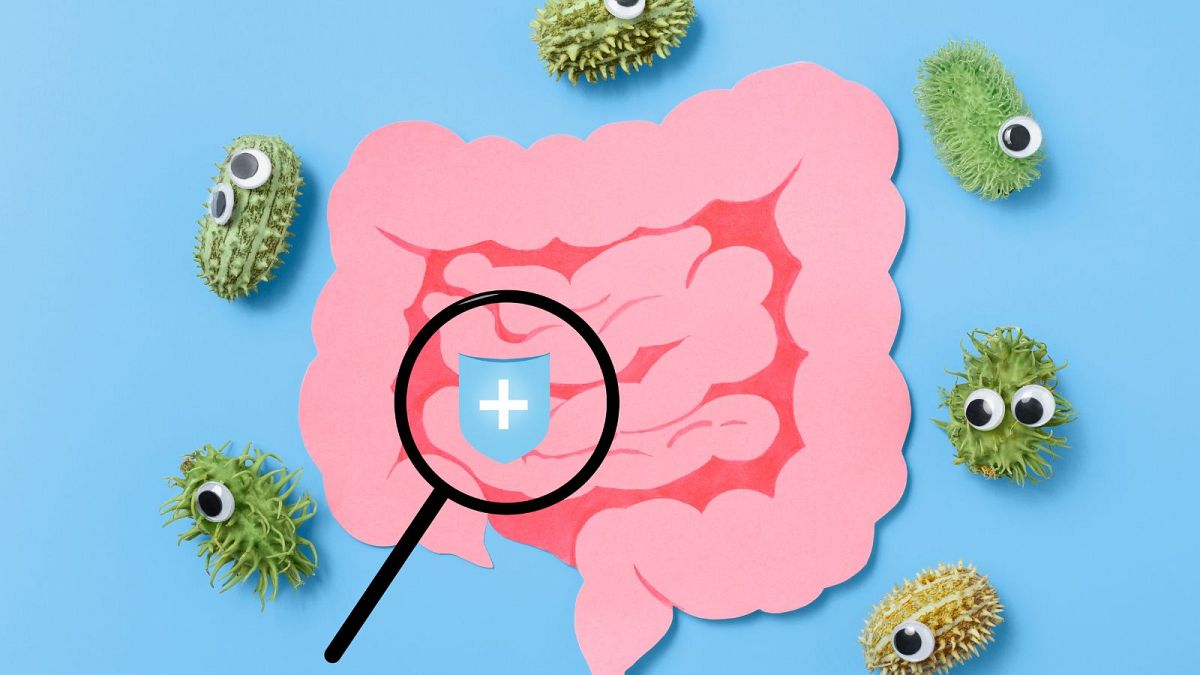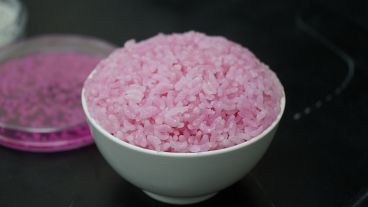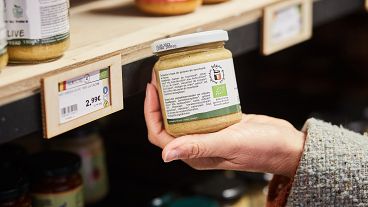A gut bacteria called Ruminococcus, which helps digest fibre, is "sparse" in samples from the microbiome of humans living in urbanised societies.
People living in urbanised areas may have lost healthy gut microbes that help us digest fibre, a new study has shown.
Fibre keeps our gut healthy and cellulose is one of the components of dietary fibre that can be found in vegetables or whole grain products.
The way we live and eat in industrialised societies may have impacted how we break down fibre in the gut, according to a new evolutionary analysis.
A team of researchers from Ben-Gurion University of the Negev (BGU) in Israel discovered a decline in cellulose-degrading bacteria in the human gut microbiome, particularly in industrialised societies. They published their report in the journal Science.
"Throughout human evolution, fibre has always been a mainstay of the human diet," Sarah Moraïs a researcher in molecular biology and biochemistry from BGU, said in a statement.
"It is also a main component in the diet of our primate ancestors. Fibre keeps our intestinal flora healthy," she added.
A specific bacteria called Ruminococcus
In their study, researchers identified a cellulose-degrading bacteria named Ruminococcus that produces large and highly specialised extracellular protein complexes called cellulosomes to degrade cellulose.
Cellulosomes are engineered by bacteria to pull apart cellulose fibres as they are hard to digest.
When broken down into shorter, soluble chains, the cellulose fibres can be digested by Ruminococcus and other parts of the gut microbiome, according to the researchers.
"It’s no easy task to degrade cellulose, few bacteria can do it," Edward Bayer, a professor from the Weizmann Institute in Israel and co-author of the study, said in a statement.
"Cellulose is difficult to digest because it is insoluble. Fibre in the gut is like a tree trunk in a swimming pool; it gets wet, but it does not dissolve," he explained.
"Bottom line, cellulosomes turn fibre into sugars that feed an entire community," he added.
Cellulosome-producing bacteria are found in the microbiome of cows and sheep, according to the researchers. It also can be found in primates.
"We were surprised to see that the cellulosome-producing bacteria of humans seem to have switched hosts during evolution because the strains from humans are more closely related to the strains from livestock than to the strains from our own primate ancestors," said Itzhak Mizrahi, a professor at BGU who also took part in the study.
Ruminococcus strains were more prevalent among ancient human societies, hunter-gatherer communities, and rural populations, according to the researchers’ analysis.
But their presence is much more scarce among people living in industrialised societies such as Denmark, China, Sweden and the US, the authors said, probably due to a shift towards a diet with less fibre.
"These microbes are highly prevalent and abundant in primates and in 1000 to 2000-year-old human gut samples, thus suggesting that they may have been an integral part of the ancestral human microbiome," the authors said.
The UK’s National Health Service recommends that adults consume 30 grams of fibre daily. However, the adult’s average consumption is 20 grams per day.
To increase your intake of fibre, you can swap refined grains like white bread and pasta for their whole-wheat counterparts such as brown rice, quinoa and oats.
Consuming more fruits and vegetables also helps as well as beans, lentils, and chickpeas. Nuts and seeds are also sources of fibre that can be quickly incorporated into meals.



